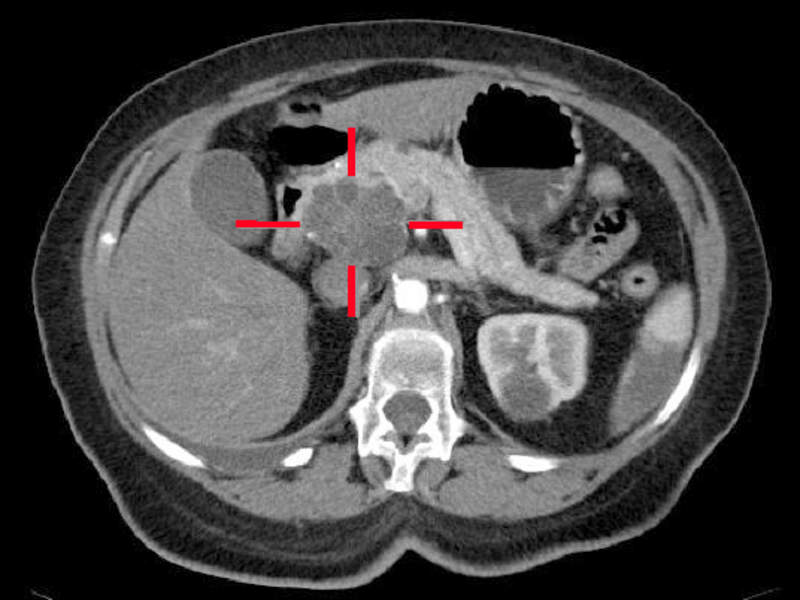

French biopharmaceutical firm Erytech Pharma has reported positive results from the Phase IIb clinical trial of eryaspase (GRASPA) in combination with chemotherapy to treat patients with second-line metastatic pancreatic cancer.
Eryaspase is made up of an enzyme called L-asparaginase, encapsulated inside donor-derived red blood cells.

Discover B2B Marketing That Performs
Combine business intelligence and editorial excellence to reach engaged professionals across 36 leading media platforms.
The trial's results showed that eryaspase met its co-primary endpoints, as well as demonstrated improvement in progression-free survival (PFS) and overall survival (OS).
The multi-centre, randomised Phase IIb trial assessed the product and chemotherapy combination in 140 subjects in France.
Erytech chairman and chief executive officer Gil Beyen said: "We have been studying the metabolic pathways for the past decade with the aim to develop effective treatments for patients with metabolically driven tumors. We are very excited by this new positive data.
"They provide further important clinical proof of concept supporting the development of eryaspase as a potential treatment in one of the most aggressive tumour types.

US Tariffs are shifting - will you react or anticipate?
Don’t let policy changes catch you off guard. Stay proactive with real-time data and expert analysis.
By GlobalData"We will now explore the path forward with clinicians and regulators to bring eryaspase to patients with metastatic pancreatic cancer as soon as possible."
The primary objective of the trial was to examine the effect of eryaspase on PFS or OS in patients with low ASNS.
Eryaspase in combination with chemotherapy is being further studied in a Phase I clinical trial in the US for treatment of adults with newly diagnosed acute lymphoblastic leukemia (ALL) and a Phase IIb trial in Europe in elderly patients with newly diagnosed acute myeloid leukemia (AML).
Image: Axial CT image showing macrocystic adenocarcinoma of the pancreatic head. Photo: courtesy of Mbq/German Wikipedia.





